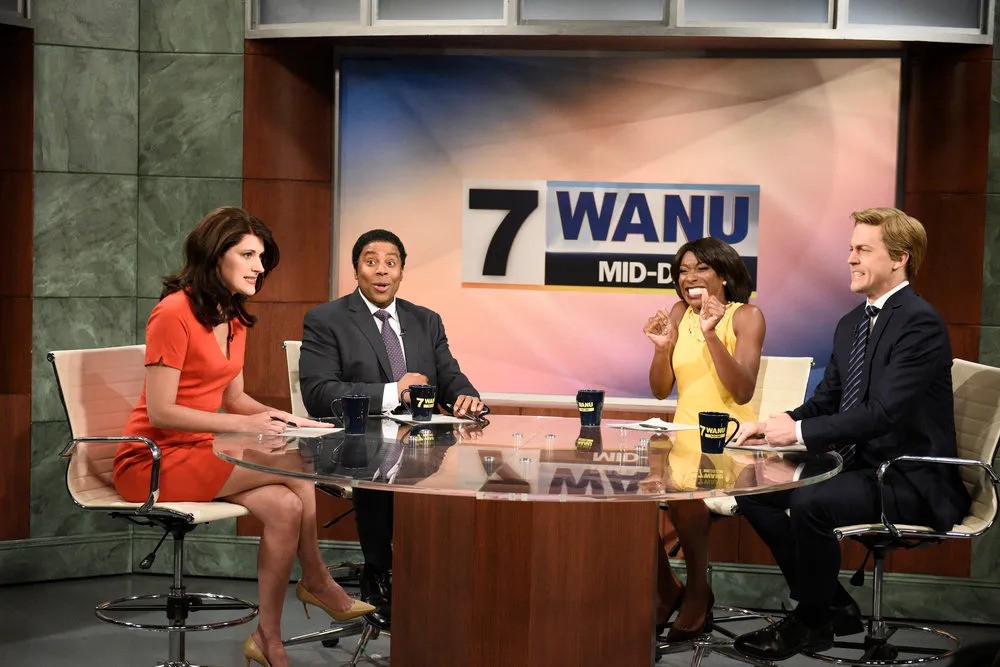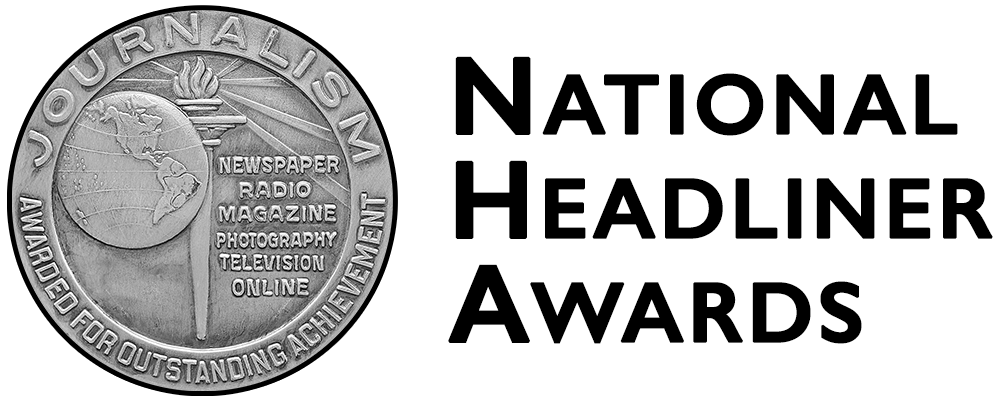Panelists at an NAB session debate the finer points of the value and influence of Twitter, Facebook et al., but a consensus was clear: It’s hard to overestimate social media’s impact on politics. For all that’s going on at NAB 2012, click here.
Social Media And Politics: A Match Made
Defining the role of social media in covering politics is like asking how high is up.
The consensus among panelists at the NAB’s 2012 Elections: Campaign Platforms to Media Platforms was that Twitter, Facebook and other social media platforms clearly are changing the landscape.
Just how remains open to debate. And never was the generation gap more evident. The first question from moderator Terry Moran of ABC News: Where do you go first to get your news?
Three of the five panelists picked Twitter, one Google and one — the most senior panelist, Harvey Nagler of CBS Radio — picked radio.
Nagler contended that most people still get news from television and radio. But the impact of social media, particularly in the political arena, clearly is growing.
“It’s everywhere all the time, particularly in politics, particularly right now,” said Mandy Jenkins, digital projects editor @ Digital First Media. “There’s constantly news happening.”
On one point, there was consensus: It’s hard to overestimate social media’s impact on politics.
“It is critical to political campaigns,” said Olivia Ma, political editor at YouTube. “In the 2008 campaign, Obama showed how important [social media] were to reach out” to people involved with the campaign. “Most campaigns are realizing social media is crucial.”
At the same time, Jenkins acknowledged that there’s still more noise than signal. “Now more than ever, journalists are necessary,” she said. “You have to give context. We’re not necessarily doing as good as job as we should be.”
But just when you think it might be easy to discount social media because of that high signal-to-noise ratio, it produces an unexpected result.
When a popular Mexican comedian was experiencing health issues, the “noise” on Twitter was that he had died, said Satcha Pretto of Univision. “But then he came on Twitter,” and verified he was still alive, she said. Hispanics are flocking to Twitter en masse, Pretto noted.
“It’s like being in the living room or kitchen, following the [political] debate,” she said. “People are getting engaged, being part of the conversation.”
Social media may be simultaneously making journalists’ job easier and more difficult. It provides near real-time feedback from respondents and it’s a vehicle for getting information out from areas such as Syria where there are few, if any, journalistic feet on the ground, Moran observed.
But it also forces journalists, and sometimes non-journalists, into the role of separating signal from noise.
While journalists were pondering the role and ethics of social media leading into the 2008 presidential election, politicians were quick to exploit it. Democrats may have been early to recognize the potential, but conservatives have caught on and are catching up.
“Call it a digital war to control the media,” said Shannon Travis, political correspondent for CNN. “Obama clearly did well in 2008. Conservative activists, when I went to their [recent] convention were having classes on Twitter 101. There’s an awareness among conservatives that there is this war.”
The differences among different social media platforms helps define how they are used. “Facebook is like a party line,” Moran observed. “Twitter is like the town square.”
On the issue of whether social media disrupts or complements political campaigns, there was agreement: It’s complementary. But with the genie out of the bottle, political organizations are still parsing how they can exploit social media.
“I’m not sure you need it to win, but it is critical to show you have Grade A campaign,” Travis said. “You’ll always have TV and radio and all of that. But it’s critical to have first-class social media campaign.”
For all that’s going on at NAB 2012, click here.
























Comments (0)